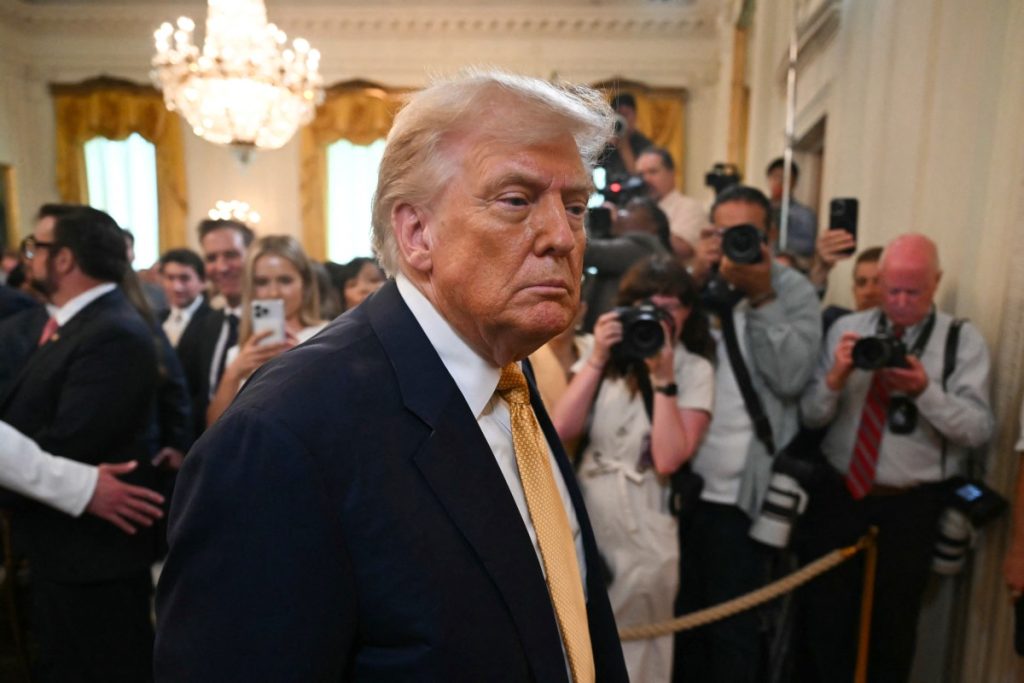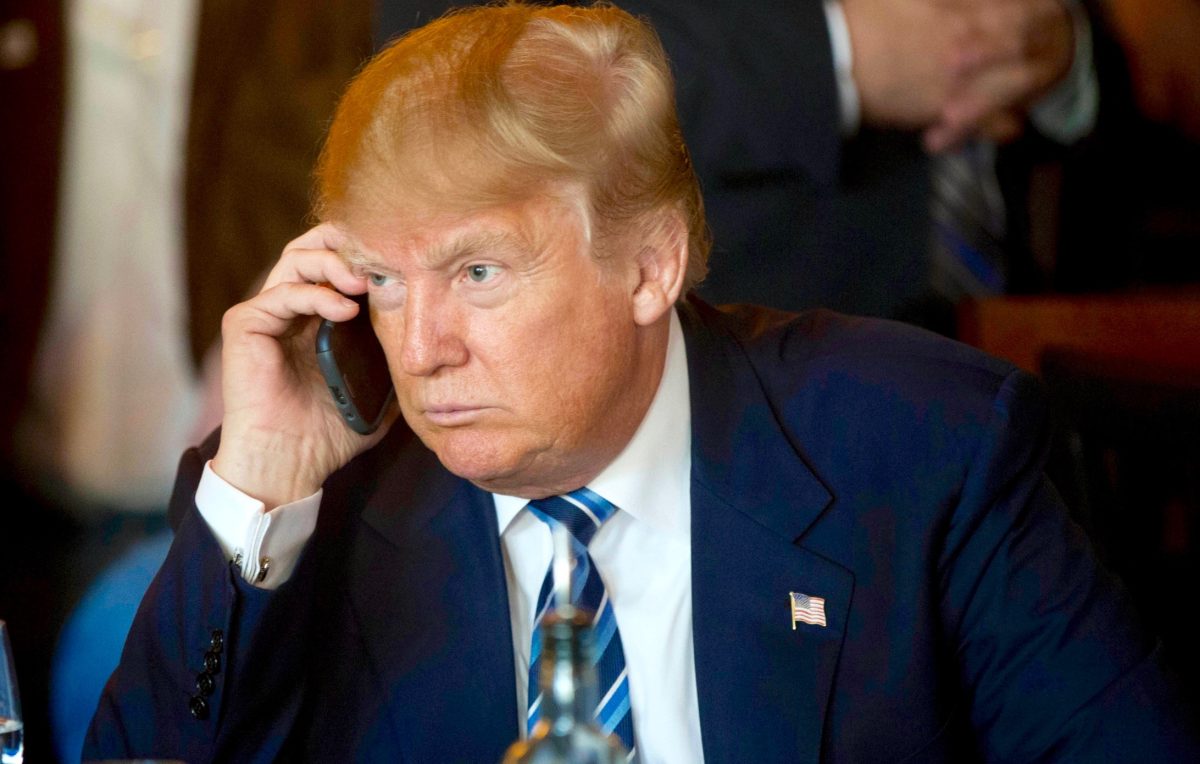A US federal appeals court has ruled that President Donald Trump’s attempt to end birthright citizenship was unconstitutional, upholding an earlier decision by a lower court to block the executive order.
The controversial order, which sought to prevent automatic citizenship for children born on US soil to undocumented migrants or those with temporary visas, has been tied up in a series of legal disputes and is currently on hold pending further court proceedings.
While the US Supreme Court recently criticised the growing trend of single federal judges issuing nationwide injunctions—highlighting such actions as potential judicial overreach—it did not directly weigh in on the constitutional validity of Trump’s birthright policy.
However, the Ninth Circuit Court of Appeals has now ruled that the nationwide block issued by a Seattle-based district judge was both appropriate and lawful. Judge Ronald Gould, writing on behalf of the court, stated that limiting the injunction geographically would render it ineffective, especially considering the complexities that could emerge when people move across state lines.

“The district court did not abuse its discretion in issuing a universal injunction to ensure the States received full relief,” Gould noted.
He also concluded that the president’s order conflicted with the 14th Amendment of the US Constitution, which guarantees citizenship to anyone born within the United States.
“The district court correctly found that the Executive Order’s interpretation, which sought to deny citizenship to many individuals born in the country, was unconstitutional. We fully agree,” Gould stated.
Trump’s executive order was a dramatic reinterpretation of the 14th Amendment, aiming to withhold citizenship from children born in the US to parents who were either undocumented or in the country on temporary visas.
Though the Supreme Court, dominated by a 6-3 conservative majority, did not rule on the constitutional matter last month, it addressed the broader legal issue of nationwide injunctions. Despite this, Trump claimed the court’s ruling on injunctions as a “giant win.”
The door remains open for other legal avenues to challenge such executive orders. Earlier this month, a federal judge granted class-action status to any child who could potentially be affected by the order, and imposed a preliminary injunction halting the policy while legal challenges continue.


 Trending
Trending 